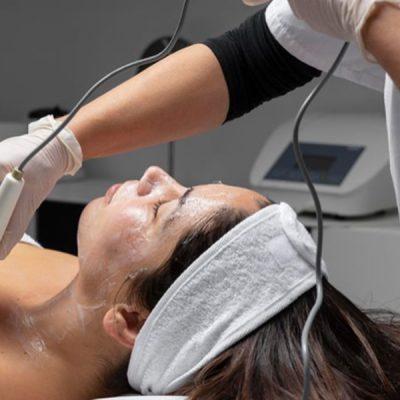Do you know that Vitamins, minerals, and other nutrients are essential for the proper functioning of our eyes? Anti-inflammatory lutein is a carotenoid that plays a crucial role in maintaining healthy eyes.
The question is, what is lutein, and how does it help your eyes? How can you incorporate it into your diet? If you want to know more about lutein (ลู ที น, which is the term in Thai) and its effects on your eyes, read the article!
What Exactly Is Lutein?
In simple terms, lutein is an antioxidant that belongs to the carotenoid family. Numerous plant species have carotenoid pigments within their cellular structures as a phytonutrient. Carotenoids give many plants vivid hues, such as the reds, oranges, and yellows found in many common fruits and vegetables.
Consuming meals rich in these pigments aids the plant and the human body. Zeaxanthin, like lutein, is an essential carotenoid for maintaining healthy eyes. It shares a very similar molecular structure to lutein, with only a few atomic arrangements being slightly different.
Only two dietary carotenoids, lutein and zeaxanthin are present in the retina. The macula, near the back of the eye, is where most congregate since it is the most crucial part of the retina for seeing detail. These two carotenoids are collectively referred to as macular pigments due to their concentration in the macula.
What Are Some Good Lutein-Containing Food Options?
You can get plenty of antioxidant lutein from various food sources.
Plants with dark green leaves, such as:
- Kale
- Spinach
- Broccoli
- Lettuce
- Parsley
- Basil
- Leeks
- Peas
There Are More Food Sources Of Lutein, Such As:
- Egg Yolks
- Red Pepper
- Corn
- Durum Wheat
- Einkorn Wheat
- Pistachios
What Are The Benefits Of Lutein For The Eye?
Lutein and zeaxanthin are potent antioxidants that may offer several health benefits, especially for your eyes. Evidence suggests that certain nutrients can improve eye health:
- Reduced inflammation in eyes
- Protect our eyes from damage caused by free radicals and oxidative stress
- Improve our ability to see in low light and with high contrast
- Lessen the visual strain caused by glare
- Safeguard your eye tissue from ultraviolet radiation
- Slow down the rate of cell death induced by eye diseases
- Shield your eyes from the effects of blue light.
- Aid in preventing myopia and protecting premature newborns’ eyes from damage caused by retinopathy of prematurity (ROP)
Conclusion
Lutein is a carotenoid that plants make on their own. The macula of your eye has a lot of lutein and zeaxanthin, a phytonutrient similar to lutein. This part of the eye is vital for seeing.






